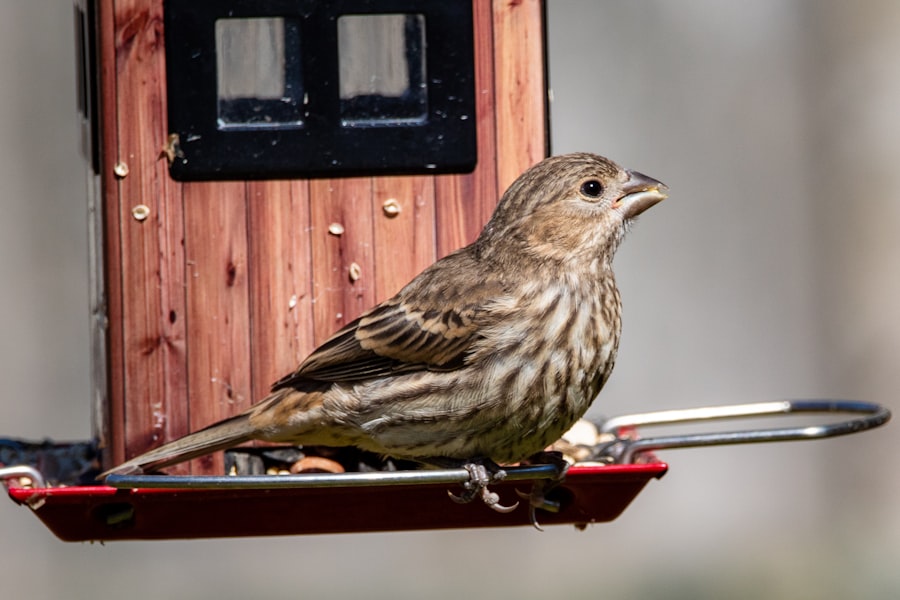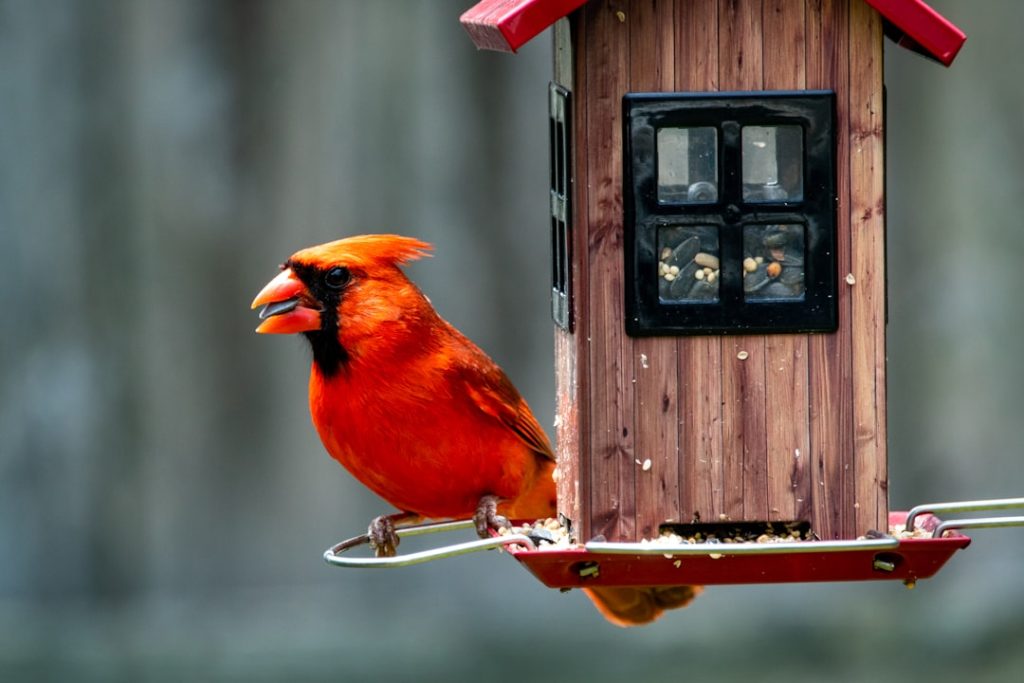When determining the number of chickens to keep, several factors should be considered. Space availability is crucial, as chickens require adequate room for roaming and foraging. The time and effort required for daily maintenance, including feeding, watering, and cleaning, must also be taken into account.
The purpose of keeping chickens, whether for egg production or meat, will influence the number of birds needed. The breed of chickens is another important consideration. Some breeds are more productive layers, potentially allowing for a smaller flock size if egg production is the primary goal.
Conversely, raising chickens for meat may necessitate a larger flock. The keeper’s experience level is also relevant; beginners may benefit from starting with a smaller number of birds and gradually expanding their flock as they gain expertise. Ultimately, the ideal number of chickens to keep depends on individual circumstances, goals, and resources.
Careful planning and consideration of these factors will help ensure a successful and sustainable chicken-keeping experience.
Table of Contents
- 1 The Ideal Number of Chickens for Different Backyard Sizes
- 2 Understanding the Time and Effort Required to Care for Chickens
- 3 Balancing Egg Production and Chicken Welfare
- 4 Considering Local Regulations and Zoning Laws
- 5 Potential Challenges of Keeping Too Many Chickens
- 6 Tips for Starting Small and Growing Your Flock Gradually
- 7 FAQs
- 7.1 How many chickens should I keep in my backyard?
- 7.2 What factors should I consider when deciding how many chickens to keep?
- 7.3 What are the benefits of keeping chickens in my backyard?
- 7.4 What are the potential challenges of keeping chickens in my backyard?
- 7.5 How much space do chickens need in a backyard setting?
- 7.6 What are some common breeds of chickens for backyard flocks?
Key Takeaways
- Consider your available space, time, and resources when deciding how many chickens to keep
- For a small backyard, 2-4 chickens are ideal; for a medium-sized backyard, 6-8 chickens are suitable; for a large backyard, 10-12 chickens can be accommodated
- Caring for chickens requires daily feeding, watering, and egg collection, as well as regular coop cleaning and health checks
- Strive to find a balance between egg production and providing a comfortable and healthy environment for your chickens
- Check local regulations and zoning laws to ensure you are allowed to keep chickens on your property before getting started
- Keeping too many chickens can lead to overcrowding, increased waste, and potential health issues for the flock
- Start with a small number of chickens and gradually increase your flock as you gain experience and confidence in caring for them
The Ideal Number of Chickens for Different Backyard Sizes
Determining Space Requirements
A good rule of thumb is to provide at least 2-3 square feet of space per chicken in their coop, and at least 8-10 square feet of outdoor space per chicken for foraging and exercise. This ensures your chickens have enough room to move around comfortably and stay healthy.
Small to Medium-Sized Backyards
For small backyards, this may mean keeping 3-4 chickens, while medium-sized backyards can comfortably accommodate 6-8 chickens, depending on the layout of your property and the amount of space available for their coop and outdoor area.
Larger Backyards and Rural Properties
If you have a large backyard or rural property, you may have the space to keep a larger flock of 10 or more chickens. However, it’s essential to remember that even with a large amount of space, you’ll still need to provide adequate housing and care for each bird, and consider the potential noise and odor that can come with keeping a larger flock, especially if you have close neighbors.
Understanding the Time and Effort Required to Care for Chickens

Caring for chickens requires a significant amount of time and effort. Chickens need daily care, including feeding, watering, and cleaning their living quarters. You’ll also need to regularly check on your chickens to ensure they’re healthy and address any issues that may arise.
Additionally, chickens require protection from predators, so you’ll need to ensure that their coop and outdoor area are secure. This may involve regular maintenance and repairs to their housing and fencing. In addition to daily care, chickens also require regular health maintenance, such as deworming and vaccinations.
You’ll need to factor in the time and cost of these treatments when considering how many chickens to keep. It’s also important to consider the time required for egg collection and processing if you’re keeping chickens primarily for egg production. Overall, it’s important to be realistic about the time and effort required to care for chickens and ensure that you’re able to dedicate the necessary resources to properly care for your flock.
Balancing Egg Production and Chicken Welfare
When deciding how many chickens to keep, it’s important to balance egg production with the welfare of your chickens. While it may be tempting to keep a large number of chickens for maximum egg production, it’s crucial to ensure that you’re able to provide proper care and housing for each bird. Overcrowding can lead to stress and health issues for your chickens, as well as increased aggression and pecking within the flock.
It’s important to prioritize the welfare of your chickens and ensure that they have enough space to roam and forage, as well as access to clean water and nutritious food. By providing a comfortable and healthy environment for your chickens, you can help ensure that they produce high-quality eggs while also maintaining their overall well-being. Additionally, keeping a smaller number of chickens allows you to give each bird individual attention and care, which can lead to healthier and happier chickens overall.
Considering Local Regulations and Zoning Laws
Before deciding how many chickens to keep, it’s important to consider local regulations and zoning laws that may impact your ability to raise chickens on your property. Many cities and towns have specific regulations regarding the number of chickens allowed per property, as well as rules regarding coop placement and size. Some areas may also have restrictions on roosters due to noise concerns.
It’s important to research and understand the regulations in your area before starting your chicken flock. Violating local regulations can result in fines or other penalties, so it’s crucial to ensure that you’re in compliance with all applicable laws. If there are restrictions on the number of chickens allowed, you may need to adjust your plans accordingly or seek special permits or variances from local authorities.
Potential Challenges of Keeping Too Many Chickens

Overcrowding and Health Risks
Keeping too many chickens can lead to overcrowding, which can result in stress and aggression within the flock. This, in turn, increases the risk of disease and health issues.
Increased Time and Effort
A larger flock requires more time and effort to care for, including increased feed and water consumption, as well as more frequent cleaning and maintenance of their living quarters.
Consideration for Neighbors
Keeping a large number of chickens can also lead to increased noise and odor, which may be a concern if you have close neighbors or live in a residential area. It’s essential to consider the potential impact on your neighbors when deciding how many chickens to keep and take steps to minimize any potential disturbances.
Tips for Starting Small and Growing Your Flock Gradually
If you’re new to chicken keeping, it’s often best to start small and gradually grow your flock as you gain experience and confidence in caring for chickens. Starting with just a few birds allows you to learn the basics of chicken care without becoming overwhelmed by a large number of birds. As you become more comfortable with chicken keeping, you can gradually increase the size of your flock based on your available space and resources.
When starting small, it’s important to choose breeds that are well-suited to your specific needs and goals. Consider factors such as egg production, temperament, and cold hardiness when selecting breeds for your flock. Additionally, it’s important to invest in quality housing and equipment for your chickens from the beginning, as this will help ensure the health and safety of your birds.
As your flock grows, be sure to regularly assess their housing and outdoor space to ensure that they have enough room to roam and forage comfortably. Regularly monitor the health and behavior of your birds and be prepared to make adjustments as needed based on their individual needs. By starting small and growing your flock gradually, you can build a successful and sustainable chicken keeping operation while providing the best possible care for your birds.
If you’re wondering how many chickens you should keep, it’s important to consider factors such as space, resources, and your own capacity to care for them. According to a related article on Poultry Wizard, “How Long for Chicken Eggs to Hatch Naturally,” understanding the breeding and hatching process can also play a role in determining the number of chickens to keep. It’s important to have a clear understanding of the responsibilities and requirements of keeping chickens before deciding on the appropriate number for your flock. (source)
FAQs
How many chickens should I keep in my backyard?
It is recommended to keep 2-4 chickens for a small backyard flock. This allows for social interaction and reduces the risk of overcrowding.
What factors should I consider when deciding how many chickens to keep?
Consider the size of your backyard, local regulations, the amount of time and resources you can dedicate to caring for the chickens, and the purpose of keeping chickens (e.g. eggs, meat, pets).
What are the benefits of keeping chickens in my backyard?
Keeping chickens can provide a sustainable source of fresh eggs, natural pest control, and a rewarding hobby. They also contribute to a more sustainable lifestyle by reducing food waste through composting.
What are the potential challenges of keeping chickens in my backyard?
Challenges may include noise, odor, predators, and the need for proper coop maintenance. Additionally, some neighborhoods or municipalities may have restrictions on keeping chickens.
How much space do chickens need in a backyard setting?
Chickens should have at least 2-3 square feet of coop space per bird, and 8-10 square feet of outdoor space per bird. Providing more space can improve their overall well-being and reduce stress.
What are some common breeds of chickens for backyard flocks?
Common backyard chicken breeds include Rhode Island Reds, Plymouth Rocks, Australorps, and Orpingtons. These breeds are known for their egg-laying abilities, docile temperaments, and suitability for backyard environments.
Meet Walter, the feathered-friend fanatic of Florida! Nestled in the sunshine state, Walter struts through life with his feathered companions, clucking his way to happiness. With a coop that’s fancier than a five-star hotel, he’s the Don Juan of the chicken world. When he’s not teaching his hens to do the cha-cha, you’ll find him in a heated debate with his prized rooster, Sir Clucks-a-Lot. Walter’s poultry passion is no yolk; he’s the sunny-side-up guy you never knew you needed in your flock of friends!







